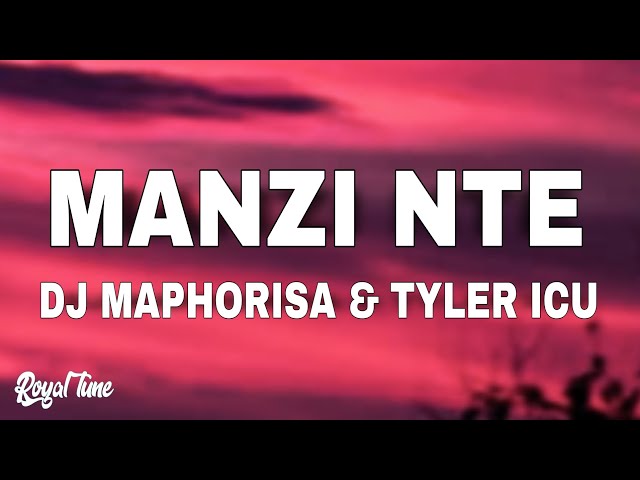Prominance Sinomusa Khumalo
A concerning trend has emerged in Bulawayo, where youths are increasingly turning their backs on local music, opting instead for South African tracks laden with explicit language and questionable dance challenges.
Songs like “Bhebha”, “Paris”, “Vala umkhukhu”, and “Omunye phezu komunye” have become anthems among the city’s young people, despite their graphic content, which they play at their meeting joints or Vuzu Parties.
The latest song that has seen young people especially ama2k raging wild is a track called Manzi Nte.
The video is of serious adult content and the lyrics are simply bad.
The video demonises women as they are used as pawns to attract views and following on social media. It is unfortunate that there is no curtailment on YouTube from whence the video is available for free downloading.
The song must simply be banned and anyone found playing the song arrested.
Unfortunately, many of our youths have the song on their cellphones, music speaker players and there is no one stopping them from listening to the song.
The South African “Freedom of Expression” has affected Zimbabwean Arts industry and is leaving a wave of delinquent accounts of notoriety.
“The government seems to be doing nothing about it,” laments a local musician and music producer.
This sentiment is echoed by Mr. Zvipo Munetsi, an elderly resident, who warns,
“We’re losing our cultural identity and exposing our youth to harmful influences.”
Youth leader Sophie Dliwayo also expresses concern, stating,
“Our young people are being fed a diet of explicit language and dehumanizing dance challenges. It’s a recipe for disaster.”
She nostalgically wishes for the return of Jonathan Moyo, who was once a Zimbabwean Minister of Information. His Ministry at the time was responsible for content in our airwaves. Jonathan Moyo at the time enforced playing of 75% local music from all our radio stations. His return may reverse this trend.
Local artists are feeling the pinch as their music is constantly being overshadowed by their South African counterparts. Bulawayo-based musician Young Nasty shares his frustration, saying,
“It’s like our own people don’t believe in us.” He adds, “We’re struggling to make ends meet, while South African artists are raking it in.”
But the concern goes beyond financial struggles. The explicit content of these South African songs is also alarming. An elderly woman, Sithembiso Nyathi, notes,
“These songs are corrupting our youths. They’re promoting promiscuity, substance abuse, and violence.”
The videos that accompany the songs bring forth wrong messages of skimpy dressing, alcohol abuse and early sexual activities.
Dangers of Vulgar Explicit Lyrics
- Promoting Harmful Behavior: Explicit lyrics can promote harmful behaviors such as promiscuity, substance abuse, and violence among youtths.
- Eroding Cultural Identity: The preference for vulgar South African beats over local music threatens to erode Bulawayo’s cultural identity.
- Negative Impact on Youths: Exposure to explicit language and dehumanizing dance challenges can have a detrimental impact on the mental and emotional well-being of young people.
As the debate rages on, one thing is clear: Bulawayo’s youths are at a crossroads, and the future of local music hangs in the balance. Will they rediscover their roots, or continue down the path of vulgarity?
Zim GBCTAINMENT©2024


